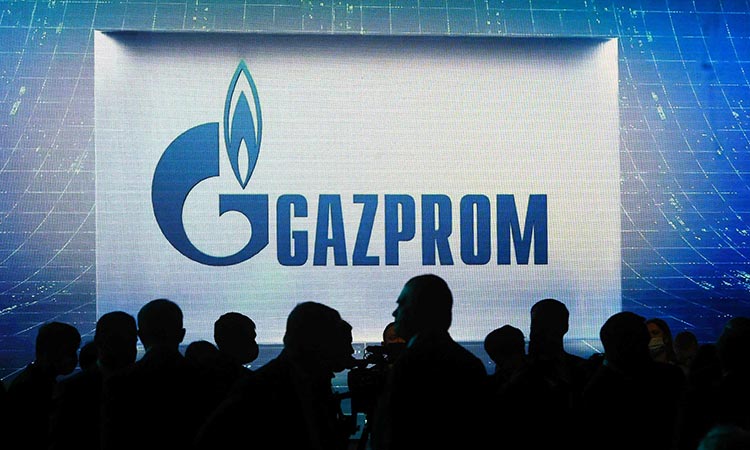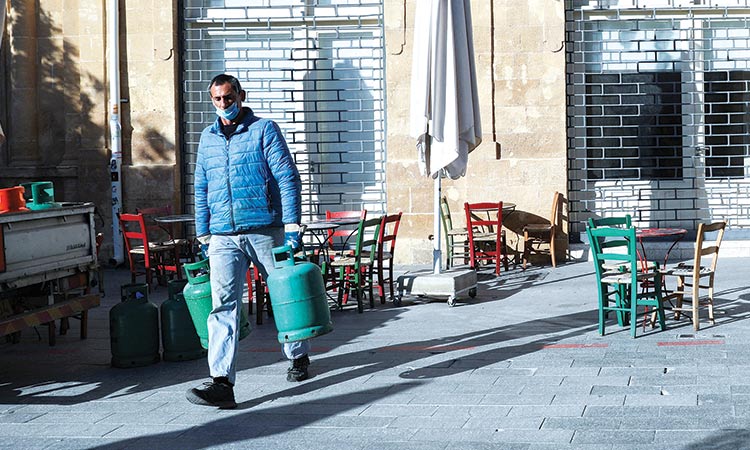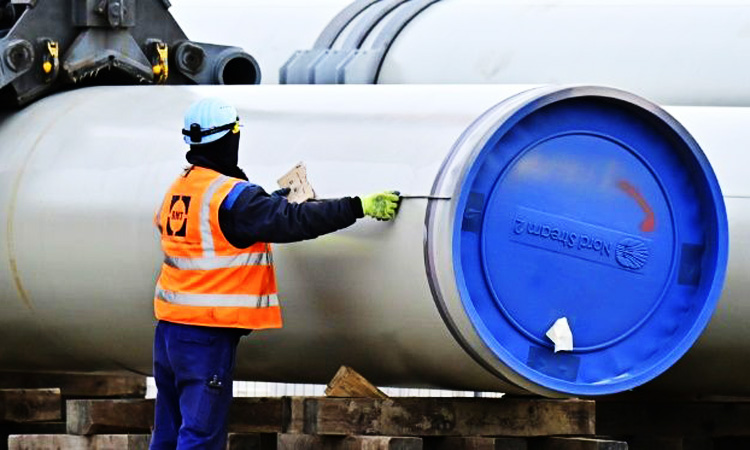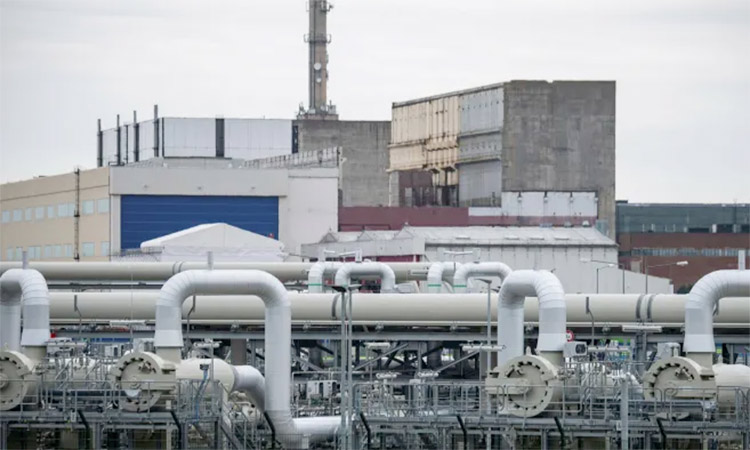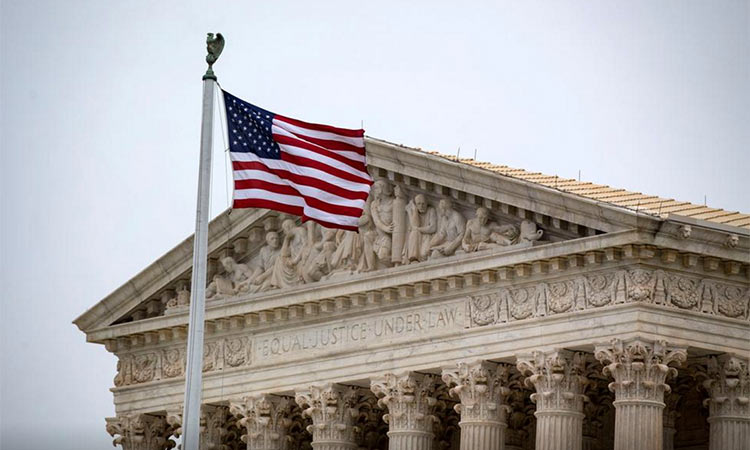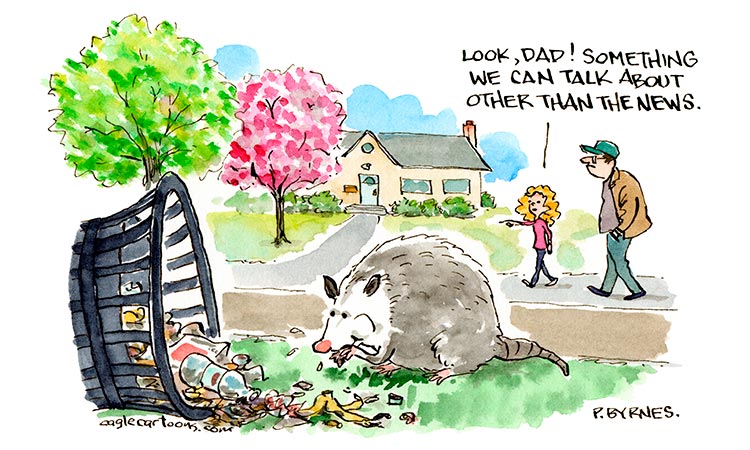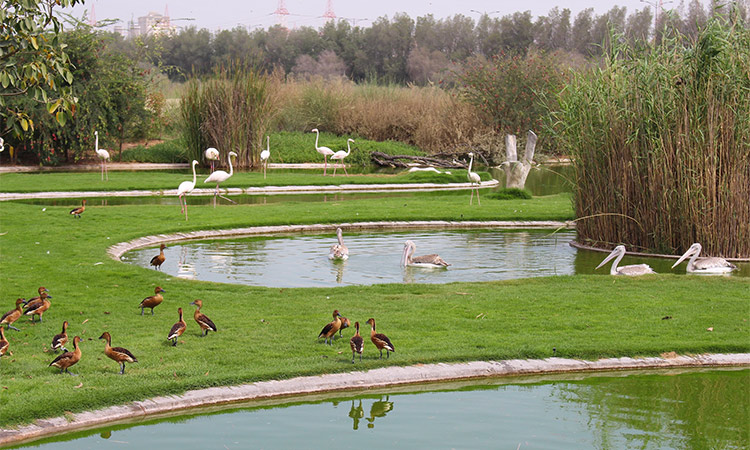Europe lacks natural gas. Is it Russia’s fault?
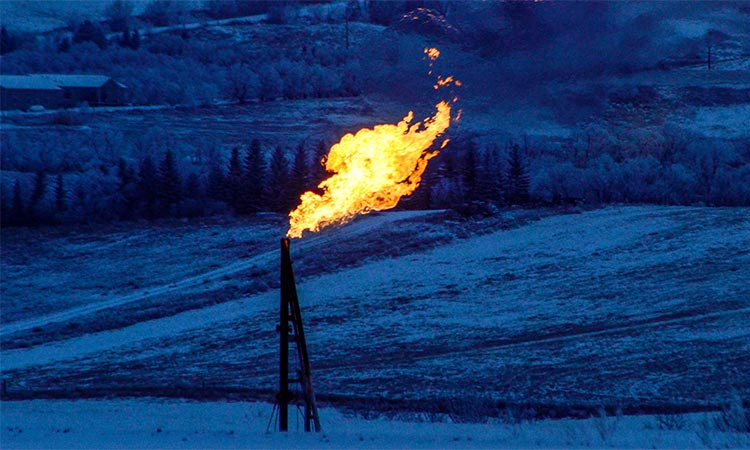
Europe dependens on imported gas and Russia supplies over 40% of those imports.
David McHugh and Vladimir Isachenkov, Associated Press
Europe is short of natural gas — dangerously short. A cold winter could mean a severe crunch, and utility bills are headed higher, burdening ordinary people and weighing on the economic recovery from the coronavirus pandemic. Russian President Vladimir Putin has promised to help fill European gas storages as energy prices soar — but supply shortages and political tensions have continued to rattle energy markets, keeping prices high. That’s pinched businesses and forced them to pass along costs to customers already facing higher bills at home.
Moscow has been accused of using the volatile situation to push for a quick launch of a newly built Russian pipeline under the Baltic Sea: Nord Stream 2, which is awaiting German regulators’ approval and has been criticized by Ukraine, the US and others.
With Europe dependent on imported gas and Russia supplying 40 per cent or more of those imports, Putin has leverage. He’s said the new pipeline already is filled with gas and could help increase supplies “the day after” it’s approved. How did Europe get into this mess? Multiple reasons. One was a cold winter that drained gas reserves, which are used to generate electrical power and typically replenished in summer. That didn’t happen this year.
Hot weather drained more gas than usual through demand for air conditioning. Less wind meant less renewable electricity, leading generators to reach for gas fuel. Limited supplies of liquid natural gas, an expensive option that can be delivered by ship instead of pipeline, were snapped up by customers in Asia.
On top of that, Europe for years has pushed for day-to-day spot pricing, instead of long-term contracts. Russian-controlled gas giant Gazprom has fulfilled those long-term contracts but hasn’t pumped additional gas beyond that. Putin says customers who have those contracts pay much less for gas than other buyers.
Prices were seven times higher in October than they were at the beginning of the year and have eased to about four times higher lately.
How does the Nord Stream 2 pipeline play into this? Gazprom invested billions into building the 1,234-kilometer (765-mile) pipeline to Germany. It would allow Russia to sell gas directly to a major customer and circumvent a pipeline through Ukraine, which has faced relentless pressure from Russia following Moscow’s 2014 annexation of Crimea peninsula and its support for separatist rebels in Ukraine. Even before the 2014 hostilities, Moscow had launched efforts to diversify gas supply routes to the European Union, saying the Ukrainian system is dilapidated and accusing the country of siphoning gas.
Ukraine stands to lose $2 billion in annual transit fees. It and Poland, which sits on another bypassed pipeline, are fiercely opposed to Nord Stream 2. The United States and some other countries also have been strongly critical, warning the project would increase Europe’s energy dependence on Russia.
British Prime Minister Boris Johnson said Monday that he hoped “other European countries may recognize that a choice is shortly coming, between mainlining ever more Russian hydrocarbons in giant new pipelines and sticking up for Ukraine and championing the cause of peace and stability.”
Several analysts said they don’t expect Nord Stream to come on line this winter - though there has been speculation Europe might allow gas to start flowing while regulators review it, perhaps in exchange for sending more gas through Ukraine.
Has Russia withheld extra gas supplies?
Gazprom says no. The head of its export branch, Elena Burmistrova, said this month that “we aren’t interested in either record low or record high gas prices,” adding that “we want to see a well-balanced and predictable market.”
At least some analysts agree. Thomas O’Donnell, an energy and geopolitical analyst at the Hertie School graduate university in Berlin, said Russia had to fill its own gas reserves — just like the EU — after a cold winter. While Putin relishes his role as the “gas godfather” and has exploited the shortage to press for approval of Nord Stream 2, “the more mundane reality is ... there simply has been no spare Russian gas to export until Russia finishes filling its own domestic storage for winter,” wrote O’Donnell, who blogs at globalbarrel.com.
